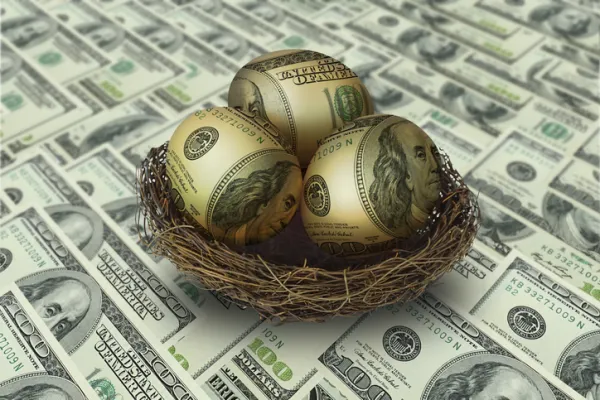Credit Suisse Group has taken steps to protect its employees from the coronavirus pandemic, including temperature checks and a staff separation policy aimed at curbing the risk of infection.
“The health and safety of our employees and clients is our top priority,” a spokesperson for Credit Suisse said Thursday in an emailed statement. “In response to the Coronavirus outbreak, we have, from an early stage, implemented additional health and safety measures in our offices that are consistent with the guidance and recommendations from both the national and international health authorities, as well as regulatory authorities.”
Teams in the U.S. will be working between the office, their homes, and disaster recovery facilities, according to a person familiar with the efforts. The number of coronavirus cases in the U.S. is rapidly climbing, roiling stock markets as investors worry about the economic fallout from the pandemic and uncertainty surrounding the availability of testing.
Protective measures taken by Credit Suisse include “self-quarantining of our staff in certain cases, temperature checks, new travel guidelines, the separation of our teams in different working locations to avoid the risk of infection between groups, and enhanced cleaning and hygiene arrangements in our premises,” the Credit Suisse spokesperson said.
Beyond Wall Street banks, asset managers are also taking steps to contain the spread of Covid-19, the disease caused by the coronavirus. For example, Man Group’s staff has begun testing working from home, Peter van Dooijeweert, the firm’s head of institutional hedging and portfolio solutions, told Institutional Investor earlier this week.
It’s a “common sense” move, New York-based van Dooijeweert said, adding that testing was going well as Man already had technology in place for employees to work remotely.
[II Deep Dive: ‘Novel’ Loan May Let Private Equity Firm Add Coronavirus Losses Back to Earnings]
President Donald Trump addressed the nation on coronavirus concerns Wednesday night from the oval office, saying he was restricting travel between the U.S. and Europe. His address did not stop investors’ fears from intensifying, with Thursday morning’s plunge in stocks triggering a trading halt.
The Standard & Poor’s 500 index was down almost 8 percent in afternoon trading on Thursday in New York. The index fell almost 5 percent on Wednesday.







